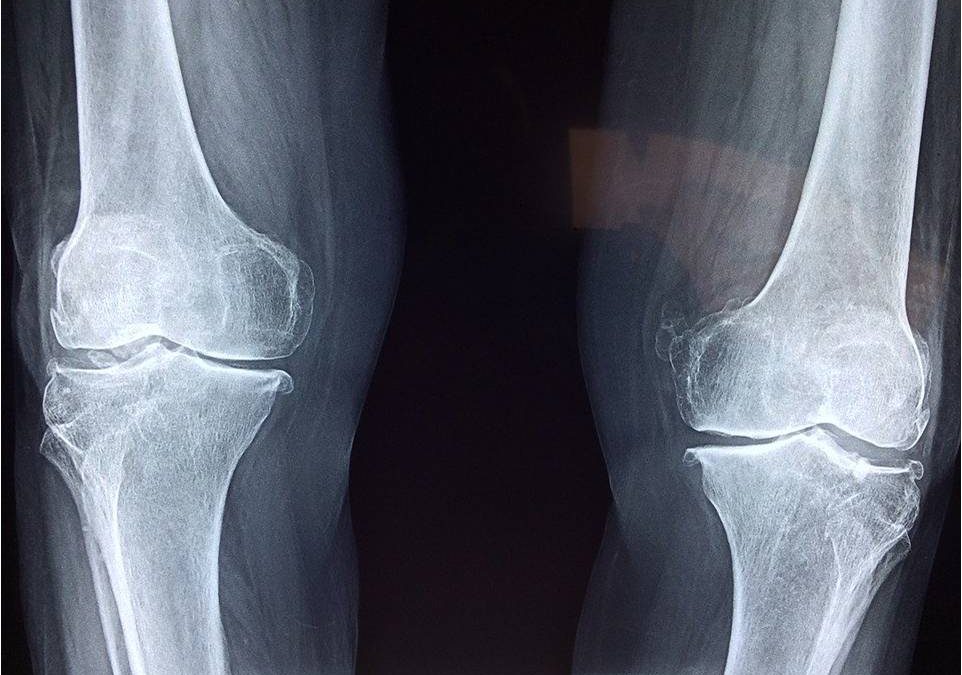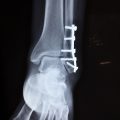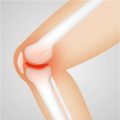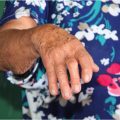Table of Contents
Rheumatoid arthritis (RA) is an autoimmune disease in which the body’s immune system attacks the body itself, particularly the joints. This results to inflammation which then leads to chronic pain and swelling. Though RA targets the joints, however, it can give rise to complications that affect the rest of the body. As the disease progresses, the likelihood to develop other medical conditions, such as cardiovascular and respiratory problems, also increases. In this article, you’ll learn about the link between RA and hair loss.
Chronic Disease
It has no known cure, though there are various treatment options available to manage its symptoms, decrease inflammation, and minimize the pain felt.
RA is a chronic disease that can damage multiple body systems and organs. A person with RA has a higher chance of developing conditions like osteoporosis, lung disease, and anemia. The weakened immune system also leads to quicker contraction of infections. A person with RA can be more susceptible to eye and skin problems as well.
Rheumatoid Arthritis and Hair Loss
In RA, as an autoimmune disease, the immune system mistakenly attacks its own cells, tissues, and organs. This may include attacking the skin tissues, where hair follicles are located. Thus, though rare, RA can indeed cause hair loss in some people.
On the bright side, hair loss in RA, should it indeed manifest, is typically not severe. Rather than the hair falling off completely, it simply thins in some places. RA may not even be the actual cause of hair loss but rather the medications taken to manage it instead.
Rheumatoid Arthritis Medications and Hair Loss
Various medications are prescribed to manage the symptoms of RA. The most common are disease-modifying antirheumatic drugs (DMARDs). DMARDs suppress the immune system in order to reduce chronic inflammation and control the symptoms of RA.
There are various types of DMARDs, the most common of which is methotrexate. Methotrexate suppresses the immune system through aiming at fast-growing cells, preventing them from growing to avoid inflammation. Unfortunately, these fast-growing cells include hair follicles. Furthermore, methotrexate reduces the level of B vitamin folate in the body; this vitamin is important in keeping the hair healthy. As such, taking methotrexate can have hair loss as a side effect. Indeed, methotrexate is responsible for the hair loss of 1 to 3 percent of people with RA.
Other Medications
Other medications, such as leflunomide, can also contribute to hair loss. Leflunomide is most often taken in tandem with methotrexate, and it works the same way too, leading to hair loss in about 10% of its users.
Hair Follicles
Biologics, a genetically engineered group of drugs created from living cells, can also trigger some instances. Biologics are designed to specifically target parts of the immune system that causes the inflammation. Though it isn’t exactly known how biologics, such as etanercept and adalimumab, can cause hair loss, there are some who suggest that it is in part due to how biologics may upset the balance of the proteins—specifically the messenger cytokines—in the body. This may then cause an interruption in how the body communicates hair follicle regeneration to the brain.
Fortunately, hair loss due to medications isn’t permanent.
In the event that a person has inherited male or female pattern baldness, RA medications may trigger or accelerate hair loss. This type of hair loss is more permanent.
Coping with Hair Loss
For most, the hair is a crowning glory. This is especially for true for women, who are likelier to develop RA than men. It’s a good thing that hair loss is relatively easy to manage.
Some of the tips you can follow to minimize this symptom are:
- Avoid aggressively scrubbing your scalp when you wash your hair.
- Avoid using a hairdryer. Allow your locks to dry naturally. The intense heat from the dryer can cause your hair to be brittle, resulting to more hair fall.
- Stir clear of styling products as much as possible. Gel and mousse may damage your hair, especially when used excessively.
- Don’t pull or tug your hair when combing through it or removing tangles.
You may also take supplements to promote healthy hair. Folic acid and biotin are helpful in protecting against hair loss.
In Summary
RA by itself doesn’t typically cause hair loss. Instead, falling hair is a result of the medications used to manage and treat RA symptoms, in which the medications target cells like the hair follicles.
There are steps you can take to curb hair loss caused by RA medications, such as taking supplements that promote hair growth. Stressing the hair and scalp through vigorous combing and tugging is also something to avoid.
If you are living with RA and are concerned with the rate in which your hair is falling, talk to your rheumatologist immediately. Changes in your medication may be suggested. It also good to check whether this is a symptom of another underlying medical condition.






 I love to write medical education books. My books are written for everyone in an easy to read and understandable style.
I love to write medical education books. My books are written for everyone in an easy to read and understandable style.
